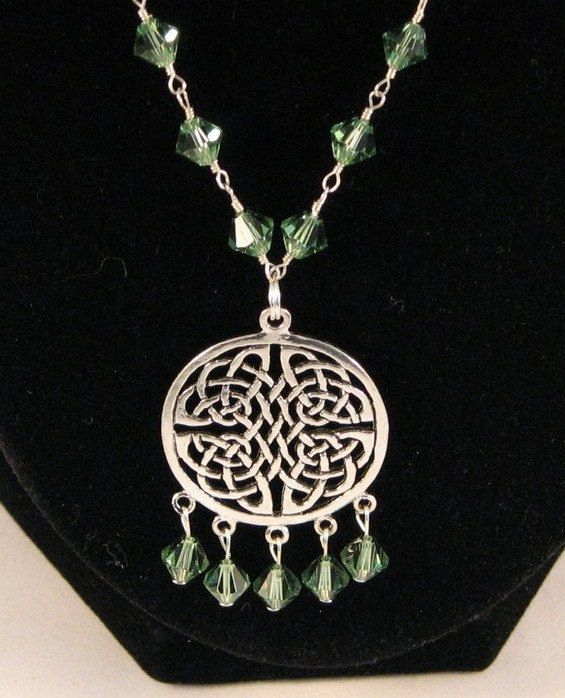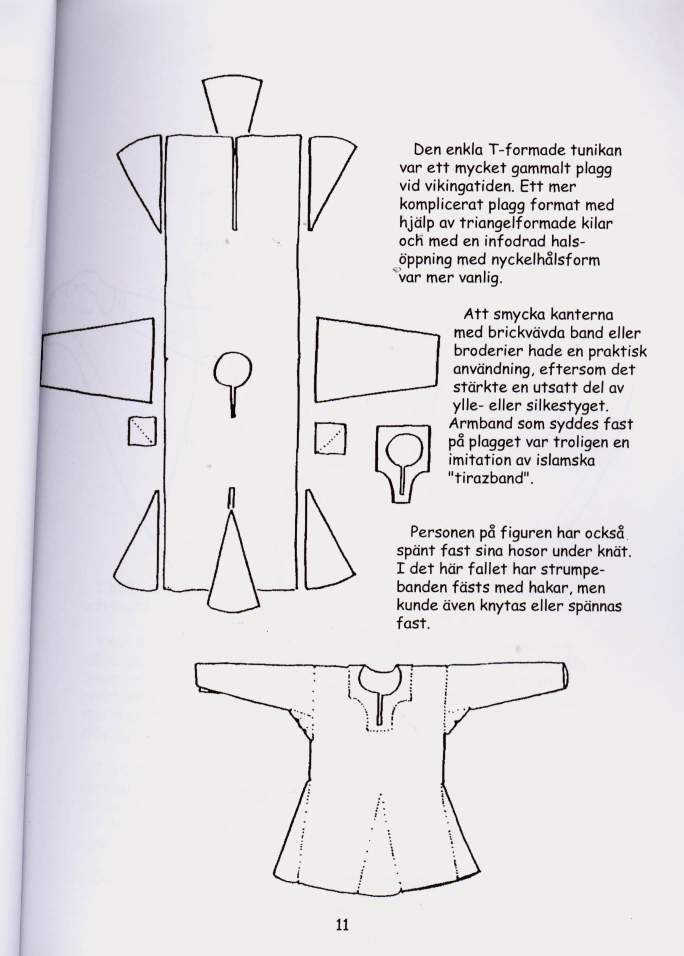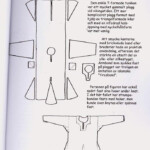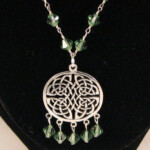Free Printable Norse Clothing Sewing Patterns Ntable – Printing sewing patterns are digital sewing patterns that are taken home and downloaded for printing. They are an easy and affordable option to conventional paper sewing patterns. The following article we will guide you through the process of printing and then assemble a sewing pattern, how to adjust and alter sewing patterns to be suitable, how to select the right fabric to make your project a success, and offer some sewing tips and tricks for improving your skills.
How do you print and then assemble to make a sewing pattern
Preparing your printer:
- Make sure that the printer is set to “actual size” or “100% scaling”
- Make use of a top-quality printer to achieve top results
- Make a test print using a small area of the pattern , to be sure of accuracy
Imprinting the design:
- Print the pattern on a large format printer . You can also make multiple sheets
- Use paper with a lighter weight to make cutting and sewing more comfortable
The pattern pieces must be assembled:
- Cut out each pattern piece along the outside edge
- Combine the numbered notches or marks on each piece
- Use tape or glue to hold the pieces together
Cut the pattern out:
- Lay the pattern on your fabric, following the cut layout supplied
- Use sharp fabric scissors to cut the pattern pieces
- Mark any notches or markings on the fabric
Adjusting and altering sewing patterns to meet
In order to take precise measurements:
- You can measure your body’s posture at important areas, including your bust, waist, and hips
- Use a flexible measuring device that you can measure over undergarments clothes that closely match what will be worn with the completed garment
- Take note of your measurements on a piece of paper or digital chart for future study
Pattern pieces that are lengthened or shortened:
- You can measure the distance between lengthen/shorten lines on the pattern piece and take a look at the distance which you’ll need adjustment for.
- Cut the pattern piece in the lengthen/shorten line
- Use a ruler or cut the pattern piece until it is the desired length
- Adhere or glue the pattern piece back together
Modifying the fit of a pattern:
- Make a muslin or a toile from the pattern to evaluate the fitting
- Pin or mark the areas which require adjustments for example, the bust or the waist.
- With a ruler, redraw the pattern lines in order to fit the changes
- Test the new design by creating a second muslin or toile prior to cutting into your fabric
The right fabric to use for your sewing project
Factors to think about when picking fabrics to choose:
- What kind of garment being made
- Experiential knowledge of the fabric type
- Personal style and style of the individual.
- Fabric care instructions
Recommendations for fabrics to suit different kinds and types of projects
- These are cotton fabrics or blended cotton for tops, quilts and dresses
- Linen and linen blends are great for summer clothing and home decor
- Wool or wool blends to make coats and outerwear
- Knits for T-shirts and activewear
Tips and tricks to sew
Tips for sewing with success:
- Use needles and threads of the highest quality specifically designed for your fabric.
- Always check stitching on an unfinished piece of fabric prior to sewing on the final piece
- Press seams , hems and seams for a an elegant finish
- Have frequent breaks to avoid fatigue and strain on your eyes.
Strategies for sewing that will help you to develop your sewing skills:
- Learn the basics of stitches and techniques such as the backstitch and basting and Hemming
- Sew curves and corners for a more polished appearance
- Test different seam finishes, such as French seams and bias binding
Variations and sewing hacks:
- Employ decorative stitching and embroidery that will add interest to plain shirt
- Create pockets and other aspects to customize a pattern
- Make experiments with fabric dyes, or paints to create your own unique designs.
Conclusion
The printable sewing patterns provide the convenience and affordability to sewists of every level. With the right tools and techniques, you can create gorgeous, personalized clothes as well as items that are perfectly sized. Remember to make precise measurements and select the appropriate fabric, and work on your sewing skills frequently. Sewing is fun!



